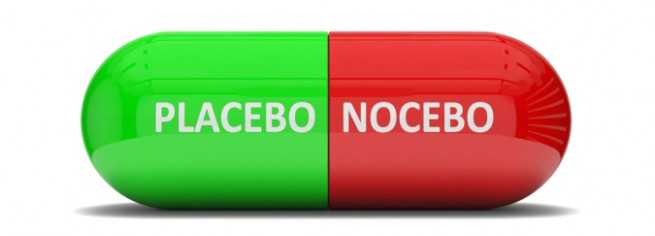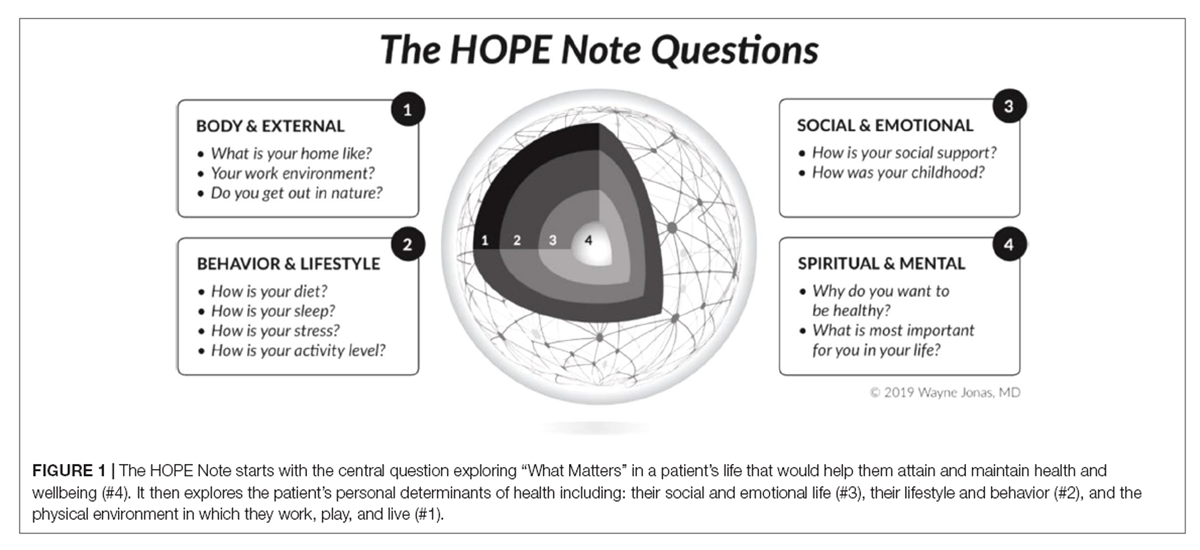The Placebo Effect in Alternative Medicine: Can the Performance of a Healing Ritual Have Clinical Significance?
SOURCE: Annals of Internal Medicine 2002 (Jun 4); 136 (11): 817–825
Ted J. Kaptchuk, OMD
Harvard Medical School,
Boston, Massachusetts, USA.
In alternative medicine, the main question regarding placebo has been whether a given therapy has more than a placebo effect. Just as mainstream medicine ignores the clinical significance of its own placebo effect, the placebo effect of unconventional medicine is disregarded except for polemics.
This essay looks at the placebo effect of alternative medicine as a distinct entity. This is done by reviewing current knowledge about the placebo effect and how it may pertain to alternative medicine. The term placebo effect is taken to mean not only the narrow effect of a dummy intervention but also the broad array of nonspecific effects in the patient-physician relationship, including attention; compassionate care; and the modulation of expectations, anxiety, and self-awareness.
Five components of the placebo effect — patient, practitioner, patient-practitioner interaction, nature of the illness, and treatment and setting — are examined. Therapeutic patterns that heighten placebo effects are especially prominent in unconventional healing, and it seems possible that the unique drama of this realm may have “enhanced” placebo effects in particular conditions. Ultimately, only prospective trials directly comparing the placebo effects of unconventional and mainstream medicine can provide reliable evidence to support such claims.
Nonetheless, the possibility of enhanced placebo effects raises complex conundrums. Can an alternative ritual with only nonspecific psychosocial effects have more positive health outcomes than a proven, specific conventional treatment? What makes therapy legitimate, positive clinical outcomes or culturally acceptable methods of attainment? Who decides?
From the FULL TEXT Article:
Introduction
Efficacious therapy, in one biomedical definition, is therapy that has positive effects greater than those of an indistinguishable dummy treatment in a randomized, controlled trial (RCT). [1–3] Such specific efficacy is actually a comparative measure: intervention contrasted with placebo.
There are more articles like this @ our:
This relative effectiveness, which is estimated by statistical testing, is taken to indicate “authenticity.” The clinical significance, that is, the outcome measured by using the patient’s original condition as a baseline, is usually a secondary consideration for determining “legitimate” medical interventions. Any clinical impact due to the placebo, which is deemed to lack “truthfulness,” is even less notable and is valued only as a comparison baseline for “genuine” effects. [3] Specific effects are by definition superior to nonspecific effects. The clinical repercussions of the placebo are tolerated as necessary nuisance noise but are otherwise considered inconsequential or treated with contempt. [4]
Given the privileged status of speciic effects, it is not surprising that the clinical impact of alternative medicine’s placebo effects are routinely ignored. [5] The only serious question has been whether alternative medicine has more than a placebo effect. Discarding all placebo effects in a single trash basket of “untruthfulness,” however, diminishes our knowledge of important dimensions of health care. This essay examines the neglected clinical significance of the placebo effect in alternative medicine and raises the possibility that some types of unconventional medicine may produce placebo outcomes that are dramatic and, from the patient’s perspective, especially compelling. The term placebo effect is taken to mean not only the narrow effect of an imitation intervention but also the broad amalgam of nonspecific effects present in any patient–practitioner relationship, including attention; communication of concern; intense monitoring; diagnostic procedures; labeling of complaint; and alterations produced in a patient’s expectancy, anxiety, and relationship to the illness.
This essay asks whether alternative medicine can have an “enhanced” placebo effect. In some conditions, can any of alternative medicine’s particular rituals have a greater impact than the rituals of conventional medicine or than a proven physiologically active treatment? After all, as many of the examples in this essay will demonstrate, “two interventions may have different effects on patient outcome even though both [are] equivalent to placebo in clinical trials”. [6] Dismissing a treatment as “just a placebo” may not be enough.
Alternative medicine may be an especially successful placebo-generating health care system. Rather than specific biological consequences, which epidemiologists designate as “fastidious efficacy” [7], alternative medicine may administer an especially large dose of what anthropologists call “performative efficacy”. [8] Performative efficacy relies on the power of belief, imagination, symbols, meaning, expectation, persuasion, and self-relationship. This essay takes five components of the placebo drama — patient, practitioner, patient–practitioner interaction, nature of the illness, and treatment and setting — and examines their “placebogenic” potentials in unconventional healing practices.
Much of the evidence is derived from conventional research and is speculatively applied to alternative medicine. Also, it should be noted that most of the placebo research discussed in this essay does not represent an “artifactual” placebo effect explainable by natural history or regression to the mean. Rather, it usually involves comparative experiments with two different types of placebo or the same placebo delivered under different cognitive or emotional circumstances where two distinct placebo outcomes would not support the idea of placebo effect as only natural history.
Finally, this essay argues mostly in generalities. Obviously, the placebo effect is likely to be at least as heterogeneous in alternative medicine as in conventional medicine, but it is hoped that raising these questions will encourage further discussion and research.
Read the rest of this Full Text article now!






Leave A Comment